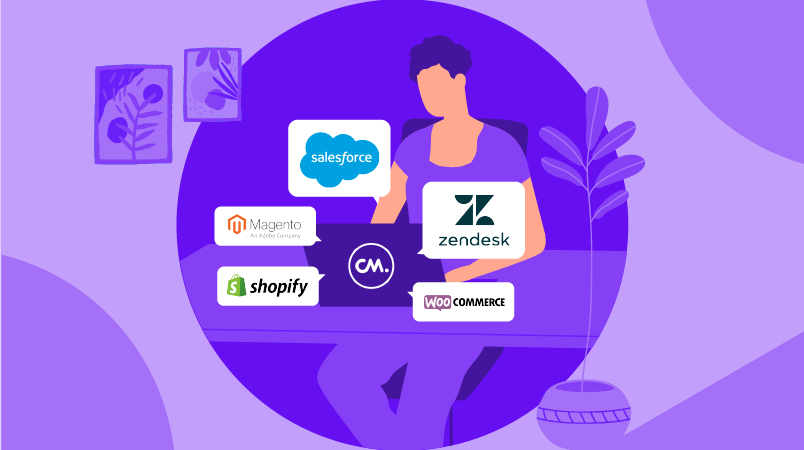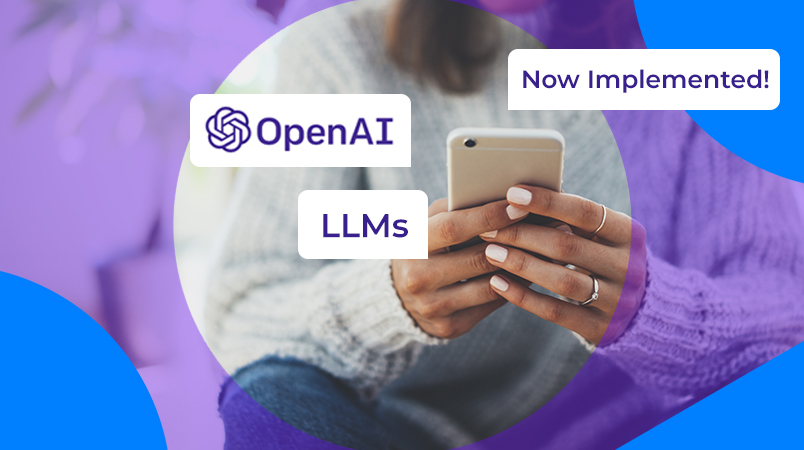What does no code mean?
No code refers to an application that requires no additional coding to operate. Often these applications use drag-and-drop features, have visually appealing interfaces and use non-technical terminology to allow a broad user base to interact with them.
Best for: Businesses where a large number of non-technical people will need access to the platform
No code pros:
- Higher uptake – more people can use it
- Can be seamlessly integrated into existing systems via plugins or apps
- Low risk of bug errors or fixes
- Fast turnaround time, anything from a few minutes to a couple of days which enables people to get a system up-and-running very quickly
No code cons:
- There may still be some technical knowledge needed, such as a knowledge of necessary terminology
- The name ‘no code’ can sometimes be misleading, as in some instances, the full potential of a platform can’t be unlocked without some coding.
What does low code mean?
Low code applications are fully coded and can be run straight out of the box but also allow developers to customise the code to unlock features their clients or employers require. Being able to graft additional functionality onto an already reliable, efficient system means you don’t need to code your platform from scratch but can add extra flexibility to it as and when required.
Best for: Businesses that have a relatively tech-savvy user-base and have very specific demands of their applications.
Low code pros:
- Customisable
- Fast turnaround
- Streamlined process for using certain systems and integrations
Low code cons:
- Projects can take longer to implement due to the need for development
- Development can increase costs
- Not completely customisable
What about my developers?
Naturally, developers are pushing back against the no code, low code revolution. The perception is clearly that with most of the code already written, they will be less vital to their organisation.
In most instances, that’s not the case. Low code and no code applications are brilliant at getting organisations without sufficient resources to an automation baseline, but larger companies – the sort that employ teams of developers – will always need the option to create bespoke elements for any platform. This is where developers really come into their own; organised and able to deliver smaller scale project work without being drawn into the drudgery of coding an entire platform from scratch. Many developers actually find the ability to code additions to an already smooth-running platform a liberating experience.
Conversational AI Cloud
No code and low code platforms are clearly here to stay and have a valuable part to play in most businesses' technology mix. We offer a number of drag-and-drop solutions, designed to get you-up-and-running in minutes and hours instead of days and weeks. Our Conversational AI Cloud is a great example, enabling you to build complex chatbots without having to create a single line of code. Get in touch if you’d like to find out more.









